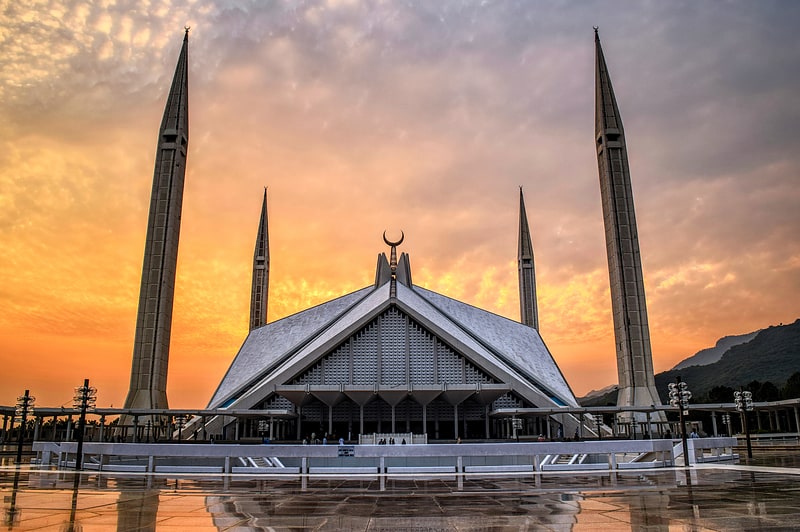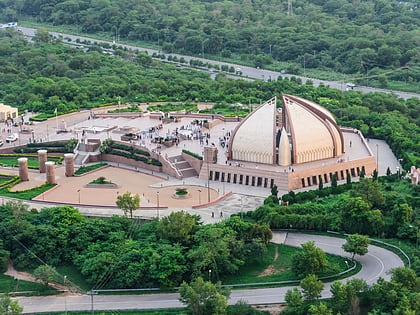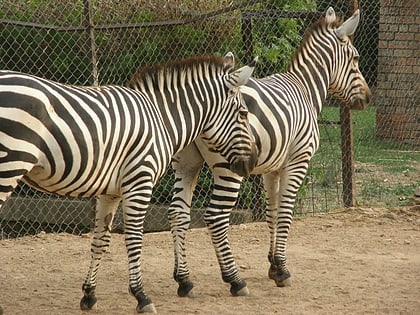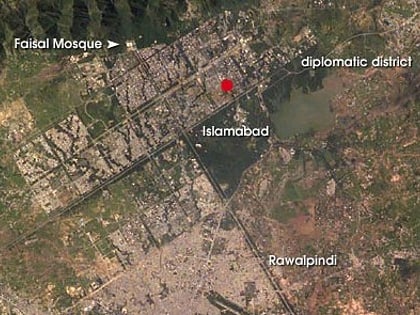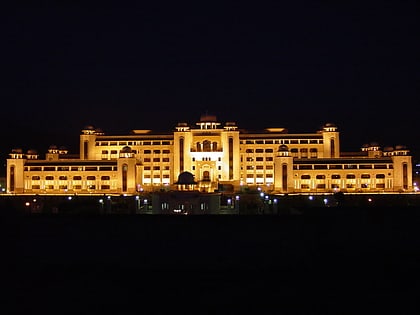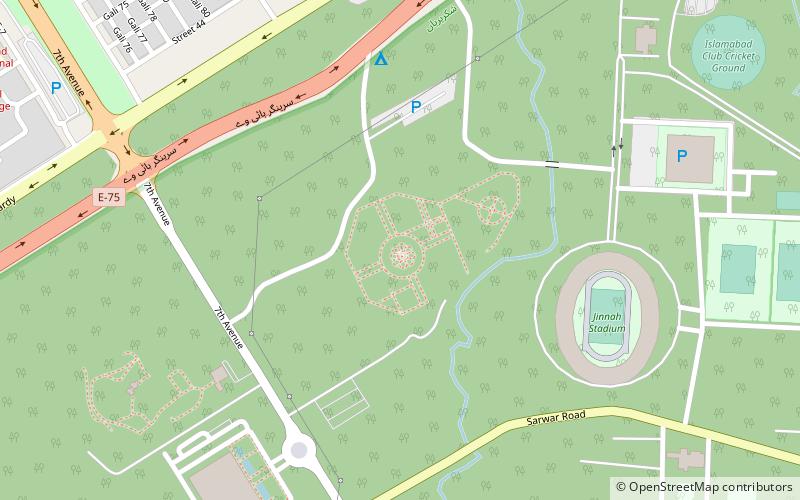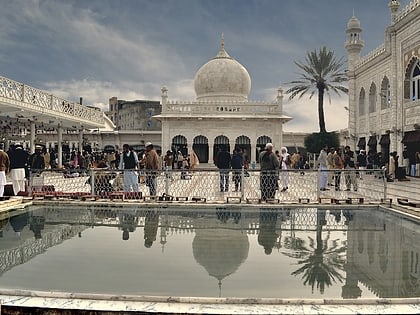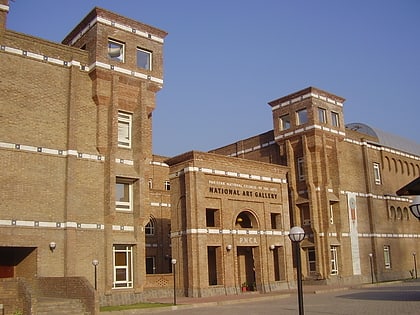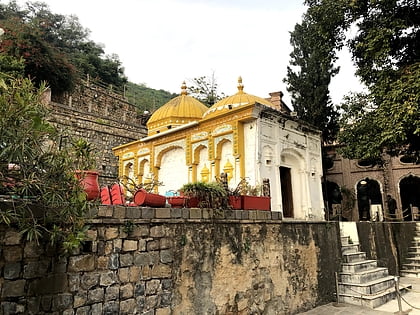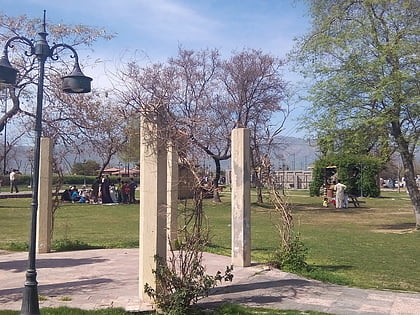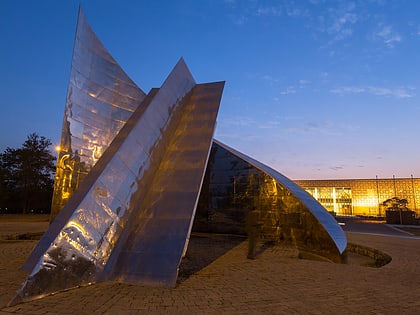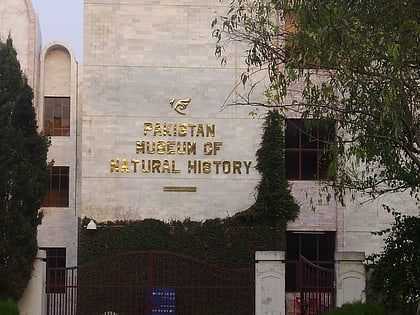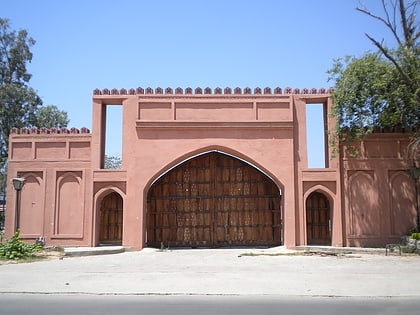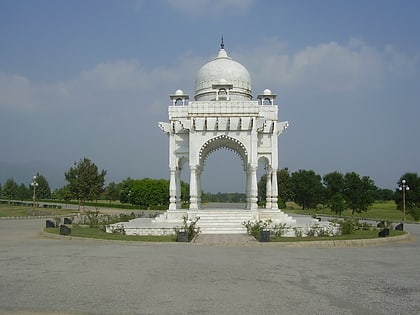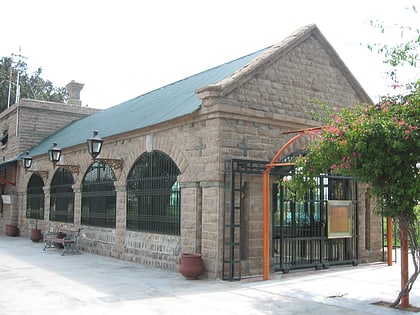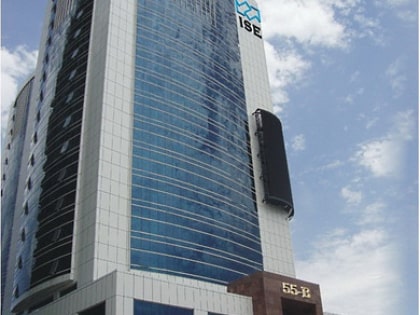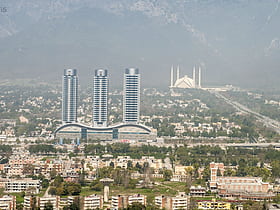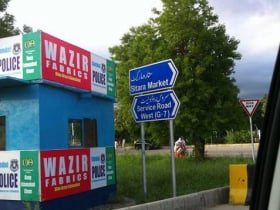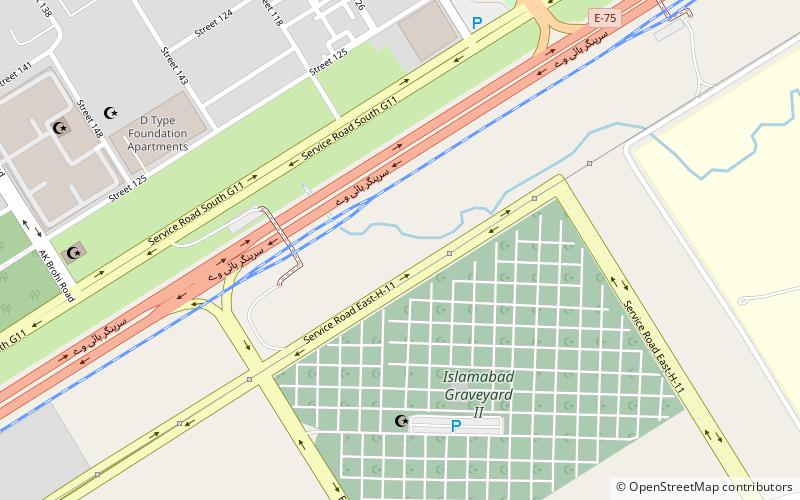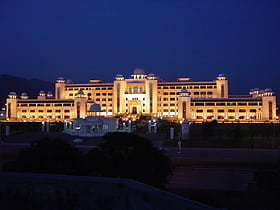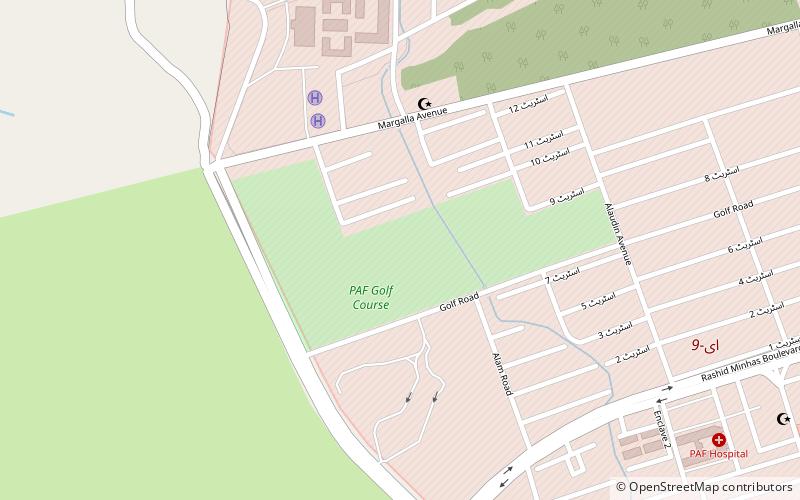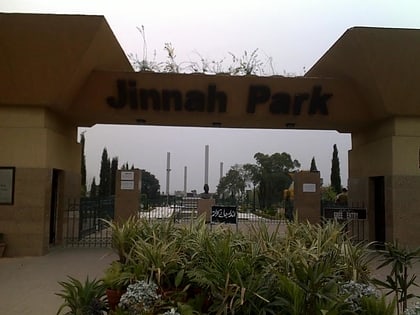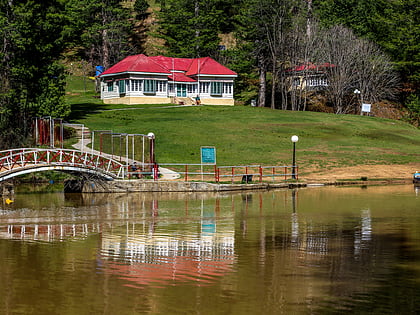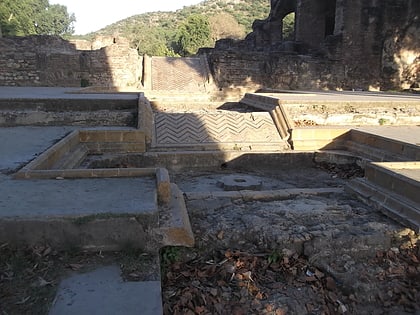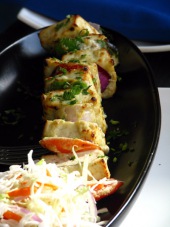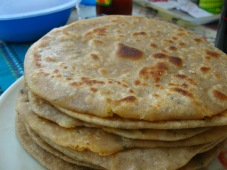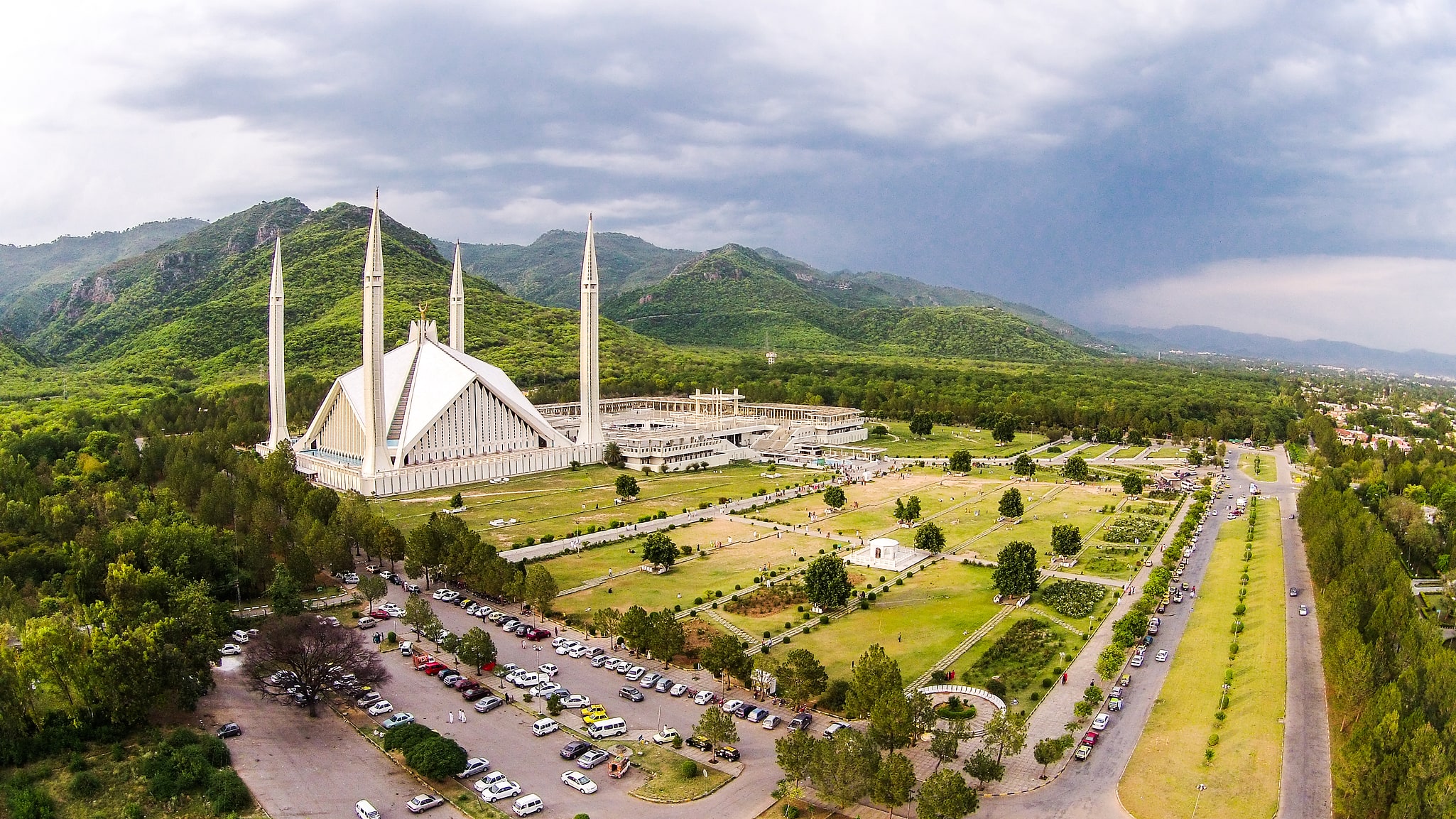
Islamabad Travel Guide
Facts and practical information
Islamabad, the capital city of Pakistan, stands as a testament to modern urban planning, lush greenery, and striking architecture. Nestled against the backdrop of the Margalla Hills, Islamabad is a city that marries natural beauty with the sophistication of a well-designed urban space, making it a unique capital on the world stage.
The city's layout is characterized by wide, tree-lined streets and large sectors, each functioning almost as a self-contained neighborhood with its own amenities. At the heart of Islamabad is the Faisal Mosque, the largest mosque in Pakistan and an iconic symbol of the city's Islamic heritage. Its contemporary design sets it apart from traditional mosque architecture and draws both worshippers and tourists alike.
Another significant landmark is the Pakistan Monument, a national symbol representing the four provinces and three territories of Pakistan. Its blooming flower shape is an artistic representation of the country's unity. For those interested in the country's history, the Lok Virsa Museum offers a deep dive into Pakistan's cultural heritage, showcasing traditional art, music, and historical artifacts.
Islamabad is also the political hub of Pakistan, housing the Parliament House, the Supreme Court, and the Presidency. These buildings not only serve as the pillars of the nation's governance but also contribute to the city's skyline with their imposing structures.
For nature enthusiasts, the Margalla Hills National Park is a serene escape, offering hiking trails, picnic spots, and a rich biodiversity. The Daman-e-Koh lookout point provides panoramic views of the entire city, while the adjacent Pir Sohawa area is perfect for dining with a view.
The city's educational institutions, like the Quaid-e-Azam University and the National University of Sciences and Technology, are among the top in the country, drawing students from all over Pakistan and contributing to Islamabad's reputation as a center of learning and research.
Food in Islamabad is a mix of local and international cuisines, with a plethora of dining options ranging from traditional Pakistani dishes such as Nihari and Biryani to continental, Chinese, and fast food offerings. The city's markets, especially the Jinnah Super and F-10 Markaz, are bustling with restaurants, cafes, and shops, providing both locals and tourists with a taste of Islamabad's diverse flavors.
Islamabad's climate is another of its charms, with four distinct seasons, including a monsoon period that turns the city into a green paradise. The spring season is particularly celebrated with the Islamabad Spring Festival, which features flower shows, regional dances, and music performances.
Islamabad Attractions - What to See and Explore
Islamabad offers many attractions and places to visit. Here are the most important ones: Faisal Mosque, Pakistan Monument, Islamabad Zoo, Lal Masjid. Below you will find a complete list of places worth visiting.
Things to See and Do in Islamabad by Category
Sights, interesting and unusual places and attractions valued by most tourists. See the list of places to visit in Islamabad.
Shopping
Museum
Mosque
Park
Other categories
Universities and schoolsIslamabad – popular in the area (distance from the center)
In the vicinity of Islamabad, it's worth seeing attractions such as: Jinnah Park (Rawalpindi), Banjosa Lake, Jaulian (Taxila).
Best Time To Visit Islamabad
Learn when is the best time to travel to Islamabad weather-wise and what to expect in each season.
Best Ways to Experience Islamabad
Food & drink
CuisineA guide to some of the best local dishes and drinks that you will meet in the region.
